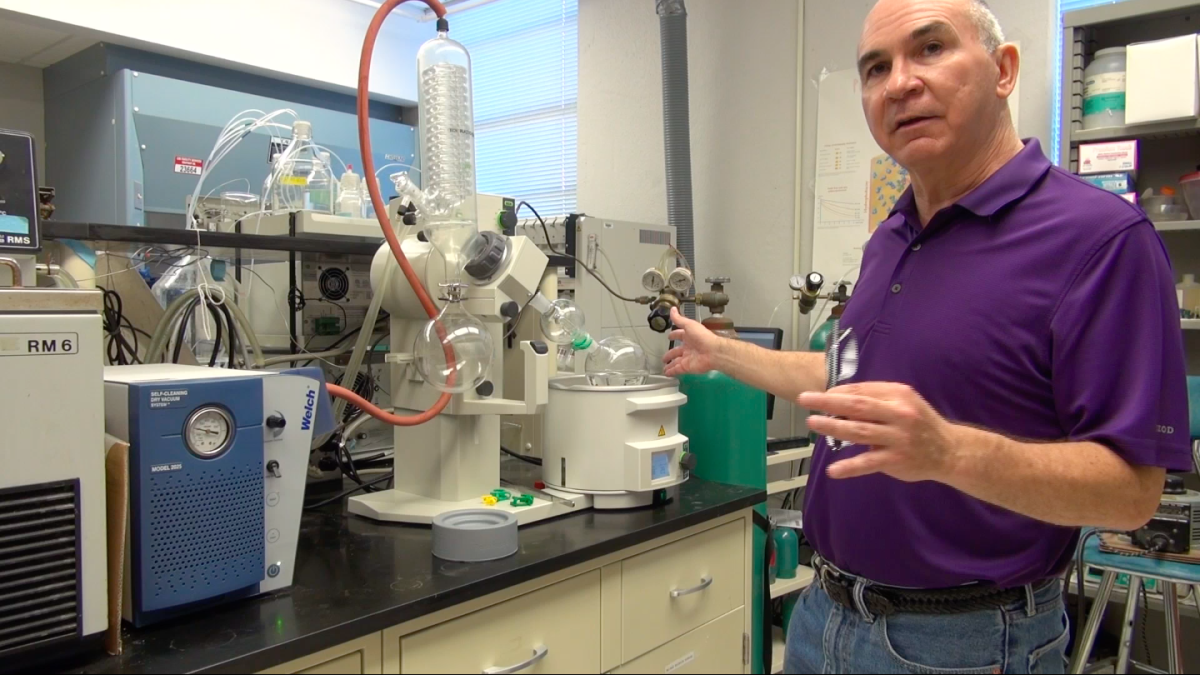The LSU AgCenter took on a big responsibility when it was chosen as an official grower of medical marijuana.
After two years of research and work, the Alison Neustrom Act was passed through the Louisiana Legislature. The act was named after a young woman who passed away from pancreatic cancer, and medical marijuana was what helped her the most when dealing with her cancer.
Bill Richardson, vice president of agriculture & dean of the College of Agriculture, has since received a lot of positive feedback from the University community.
“I’ve got a lot of testimonials from people who were using it illegally because it did help improve the quality of their lives,” Richardson said.
Richardson recently received a notebook created by a University student containing data, research and a personal letter about how medical marijuana helps him get through the day because of his debilitating medical condition.
With the budget instability, many believe this could be a way to create a stream of income into Louisiana.
Before implementing this idea, the AgCenter laid down some guidelines.
“They will be grown indoors in a warehouse, it will not be on campus, it will not be adjacent to campus, and there will not be students from LSU or any other university that I know of that will be working in it,” Richardson said.
Although none of this will happen on campus, Director of LSU AgCenter Biotechnology Ted Gauthier explained the basic process of turning the plant into something used for medicinal purposes. This process includes chopping up the plant and swirling it in ethanol. the remaining plant is then placed in a flask that connects to this machine.
“We need to remove the ethanol, so that we can work with the chemicals. That’s what this piece of equipment does,” Gauthier said.
A few more guidelines have been put into place by the AgCenter.
“We cannot produce any edibles. We can’t produce anything that can be smoked or vaped,” Richardson said.
Instead, it will only come in forms like pills, oils, ointments, suppositories, and a modified version of gummy bears particularly for children who suffer from seizures.
The AgCenter is still working on the distribution issues and security aspects.
“The public wants to make sure that we’re not growing weed that’s going to get in the hands of their kids without a recommendation from a doctor through a pharmacy,” Richardson said.
Before the AgCenter begins the growing process, there are still a few more steps, but many, like Richardson, hope this will help Louisianians who are suffering and need relief.
The LSU AgCenter is holding a public forum on Friday from 1:30 to 3:30 in the Digital Media Center Theater where people can get all of their questions answered.






